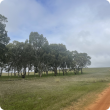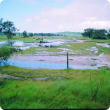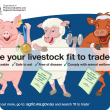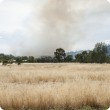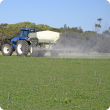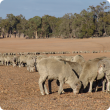Filter by regions:
- (-) Remove Great Southern filter Great Southern
- (-) Remove Peel filter Peel
- (-) Remove South West filter South West
- Mid West (754) Apply Mid West filter
- Wheatbelt (696) Apply Wheatbelt filter
- Perth regions (671) Apply Perth regions filter
- Goldfields-Esperance (644) Apply Goldfields-Esperance filter
- Gascoyne (530) Apply Gascoyne filter
- Kimberley (454) Apply Kimberley filter
- Pilbara (446) Apply Pilbara filter


